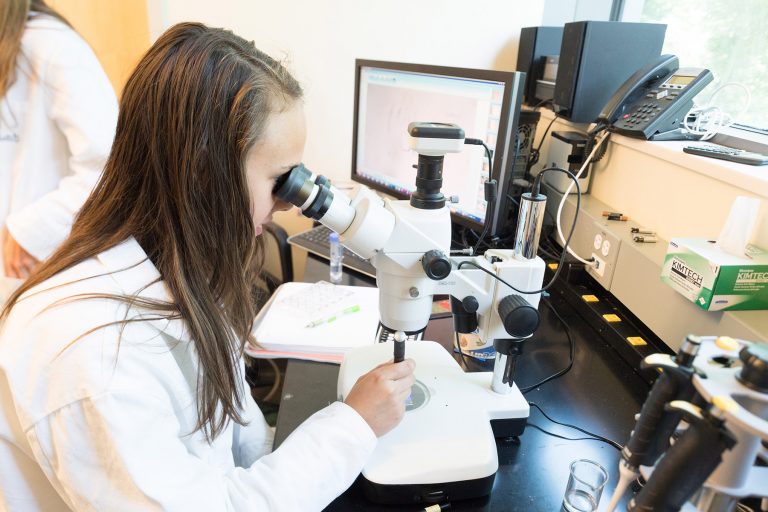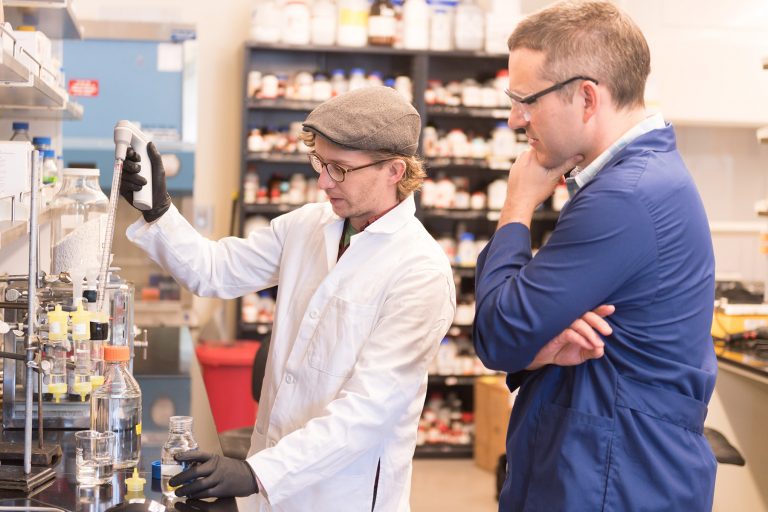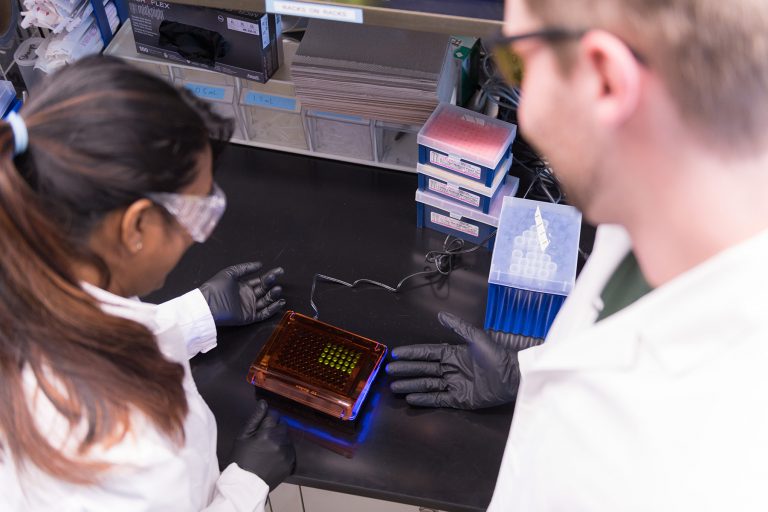
What is a PSM degree program?

PSM degree programs have emerged over the last two decades to provide students and practicing professionals with practical, career-specific advanced training in a specialized field.

- PSM programs consist of two years of academic and practicum training.
- Applicants with a background in engineering or life sciences are encouraged to apply, however the program is accessible for non-engineers who want to pursue this PSM to advance their biotech career.

- The PSM in biomanufacturing and biotechnology is designed with engineering courses that focus on key technology areas of interest to the Colorado bioscience and biotechnology industries. These include:
- Protein engineering
- Cell and tissue engineering
- Biofuels engineering.
Frequently Asked Questions
Where is the location of the PSM in Biomanufacturing and Biotechnology program?
The PSM in Biomanufacturing and Biotechnology program isn’t limited to a single campus; it thrives across two dynamic locations—CSU Fort Collins and CSU SPUR in Denver. Whether you’re drawn to the scenic landscapes of Fort Collins or the urban energy of Denver, our PSM program is designed to align with your educational and career goals in the heart of Colorado’s biomanufacturing and biotechnology landscape.
Can all courses be taken entirely online, or are there in-person components as well?
The PSM in Biomanufacturing and Biotechnology program offers flexible lecture and laboratory schedules. Some courses are available entirely online, while others include online lectures and in-person flexible laboratory components.
Is there financial aid available?
Students in the PSM program are not supported on assistantships. However, they may be eligible for graduate-level scholarships, fellowships, and work study. Most internships, which are required as part of the program, are paid positions.
What is the total number of credits required for the program?
The program requires 33 credits of coursework and 7 credits of internship (CBE 687)
I already have credits for some of the required courses. Can I transfer them to fulfill degree requirements for the PSM in Biomanufacturing and Biotechnology?
Maybe. If the credits were used to satisfy degree requirements for another graduate degree, then they cannot be transferred. You will not be required to retake courses you have already passed (at CSU or somewhere else). Instead, those credits will be substituted for other courses. If you have graduate-level credits that are transcripted, but are not used to fulfill requirements for another degree, you may be able to transfer them to CSU, and thereby reduce the number of credits required. Please see the Graduate School’s policy for more information. At least 24 credits must be earned at CSU, and at least 21 of those credits must be earned after admission to the Graduate School.
In what terms does the program admit applicants?
Applications may be submitted for Fall, Spring, or Summer admission. Most admissions are made for the Fall term. Students admitted in a Summer term will have only a small number of courses available, since most of the courses are taught either in Fall or Spring.
I am currently employed. Can my current position be used as the internship/practicum?
This kind of arrangement is encouraged and supported by the program. The work must be in the biomanufacturing/biotechnology sector and provide you with opportunities to practice technical and business skills learned in the program. Your current employer must be willing to arrange this position so as to meet the requirements of the internship/practicum, which will include some periodic evaluations by an immediate supervisor.